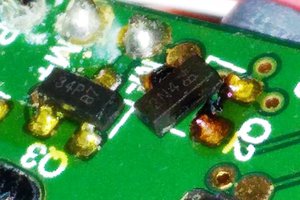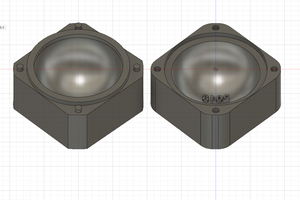Dependant Zero
Equal Opposite
x+y=x(2) x+y=0
x(y)=x^2 x(y)=-1(x^2)
x/y=1 x/y=-1
Equal Opposite
0+0=0(2) 0+0=0
0(0)=0^2 0(0)=-1(0^2)
0/0 not=1 0/0 not=-1
inf^2=
inf(inf)=inf, inf/inf=1, 1(1)=1, 1/1=1
tf inf=1
tf in^2=1
inf^2=
[(inf+inf+inf...)*(inf+inf+inf...)*(inf+inf+inf...)...]=inf
tf inf^2=inf
inf^2=
0(0), 1(1), 2(2), 3(3)...=inf
tf inf^2=inf
0/inf^2
inf^2=
0(0), 1(1), 2(2), 3(3)...=inf
tf inf^2=inf
0/inf^2=
1/1, 1/inf, 1/inf
or
(1+0+0)/3=1/3
0/x=0, 0(x)=0, 0/0=x
8/2=4, 4(2)=8, 8/4=2
1/1=1, 1(1)=1, 1/1=1, -1/-1=1, -1/x=-1, (-1/1)=-1
(I checked this, over and over again, there's a nasty little switch there)
(1/3)/(1/3)=1{0/0}, (1/3)/1=1/3{0*x}, 1/3(1)=1/3{0/x},
-(1/3)/-(1/3)=1, -(1/3)/1=-1/3, -1/3(1)=-1/3
1(0/x)=-1(0/x)=
{
1(0/x)=
(1/3)/(1/3)=1{0/0}, (1/3)/1=1/3{0*x}, 1/3(1)=1/3{0/x},
-1(0/x)=
-(1/3)/-(1/3)=1, -(1/3)/1=-1/3, -1/3(1)=-1/3
1(0/x)=-1(0/x), 1/3 of the mathematical time:-(1/3)/-(1/3)=1, (1/3)/(1/3)=1
tf
[1/(0/x)=-1/(0/x)]=[(0*0)=x=-1(0*0)=-x]
0=1, -1
[1+sqrtx+(-1sqrtx)]/3=1/3
[-1+sqrtx+(-1sqrtx)]/3=-1/3
}
What this proves is that zero as an object is missing 1/3 of it's information, which can't be recovered, but that that missing information(1/3) is the only thing which exists in infinite two dimensional space. Thus, nothing couldn't have exploded to make the universe, unless it was infinite space.
Lamian Mechanics: The Ultra Uncertainty Principle
Lamian Mechanics
The Ultra Uncertainty Principle
Note: If you read the uncompleted post, it is the purple, so just skip past it, there is an actually awesome conclusion here.
Equal Opposite
x+y=x(2) x+y=0
x(y)=x^2 x(y)=-1(x^2)
x/y=1 x/y=-1
inf+inf=inf(2) inf+inf not=0
inf(inf)=inf^2 inf(inf) not=-1(inf^2)
inf/inf=1 inf/inf not=-1
Infinity behaves as does every finite number, it's equal to it's self. There are some strange conditions for inf^2:
inf^2=
inf(inf)=inf, inf/inf=1, 1(1)=1, 1/1=1
tf inf=1
tf in^2=1
inf^2=
[(inf+inf+inf...)*(inf+inf+inf...)*(inf+inf+inf...)...]=inf
tf inf^2=inf
inf^2=
0(0), 1(1), 2(2), 3(3)...=inf
tf inf^2=inf
but it is equal to it's self 2/3 of the mathematical time. In short, there are seperate negative and positive infinities most of the time.
Equal Opposite
*inf+0=inf(2), check inf+0=inf, not=0
0+inf=inf, not=0(2) ...
 undeadchicken1981
undeadchicken1981
 chris jones
chris jones
 Bruce Land
Bruce Land

 TheThirdMan
TheThirdMan
0 = point of origin, state of absolute noting.
-0 = point of maximum, state of absolute limit of growth of any one thing...